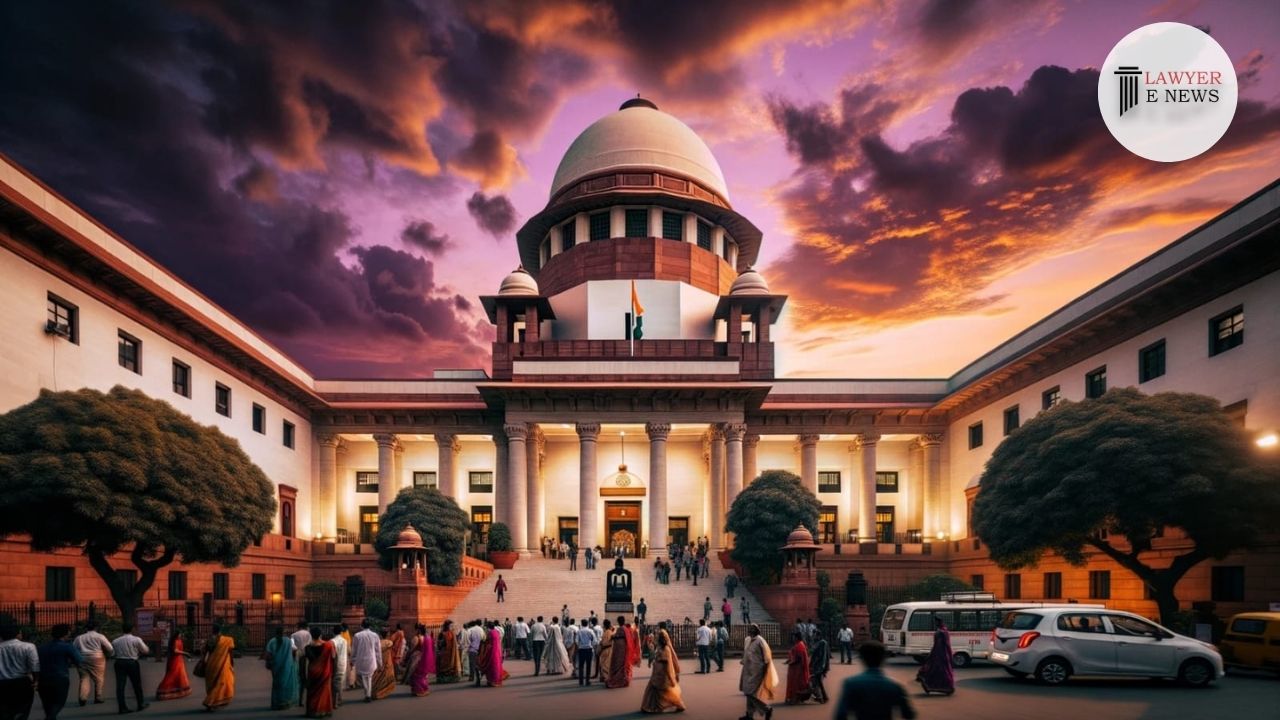-
by sayum
14 February 2026 2:22 PM



In a significant ruling, the Supreme Court of India, in the case Sri Pubi Lombi vs. The State of Arunachal Pradesh, restored the order passed by the Single Judge and set aside the judgment of the Division Bench, emphasizing the limited scope of judicial review in matters of employee transfer. The Bench comprising Justices J.K. Maheshwari and Sanjay Karol, in their judgment dated March 13, 2024, underscored the principle that judicial interference in transfer orders is justified only in instances of statutory violations, malafide actions, or infringement of norms.
The judgment revolved around the legal question of the extent to which courts can exercise judicial review over decisions pertaining to the transfer of employees. The Supreme Court reaffirmed the established principle that courts should interfere minimally in transfer matters, only stepping in when there is a clear violation of statutory provisions, evidence of malafide intent, or non-compliance with established norms.
The appellant, Sri Pubi Lombi, challenged the decision of the Gauhati High Court's Division Bench which had set aside the Single Judge's ruling that upheld his transfer order. The Division Bench had earlier found that the transfer was not in public interest and lacked reasoned decision-making, as it was initiated based on a UO Note from a Member of the Legislative Assembly, without any administrative exigency or substantiation of public interest.
Justice J.K. Maheshwari, in the judgment, reiterated the limited scope of judicial review in matters of transfer, stating, “Unless the order of transfer is vitiated by mala fides or is made in violation of any statutory provisions, the court cannot interfere with it.” The Court distinguished between malafide in fact and in law, observing that a mere recommendation by an MLA does not inherently vitiate a transfer order. The Court found no malafide intent or violation of statutory provisions in the appellant's transfer and thus restored the Single Judge's order, which had dismissed the writ petition challenging the transfer.
The Supreme Court also highlighted the need for reasoned decision-making in administrative actions, noting that while the authorities must apply their minds, the Courts' role is limited to ensuring legal and procedural compliance.
The Civil Appeal was allowed, setting aside the judgment of the Division Bench of the High Court and restoring the order of the learned Single Judge. This decision reaffirms the judiciary's deference to administrative decisions in matters of employee transfer, barring cases of clear legal violations or malafide actions.
Date of Decision: March 13, 2024
Sri Pubi Lombi vs. The State of Arunachal Pradesh & Ors.
